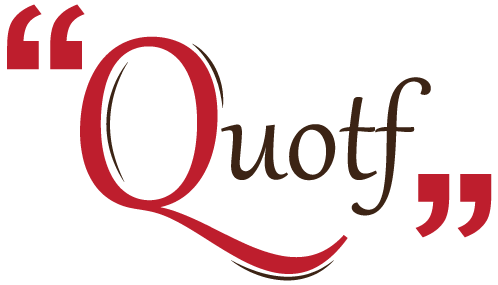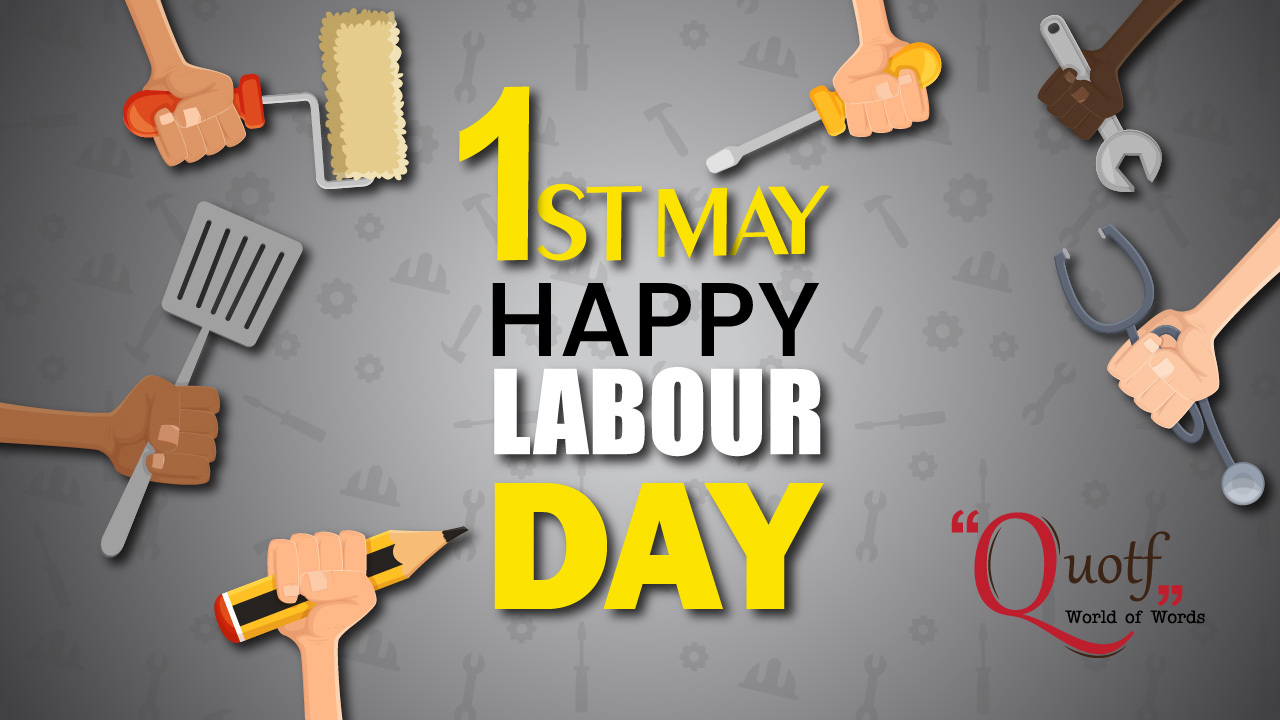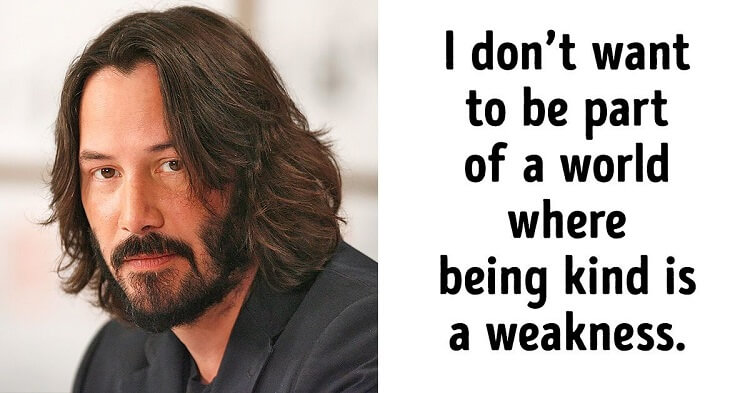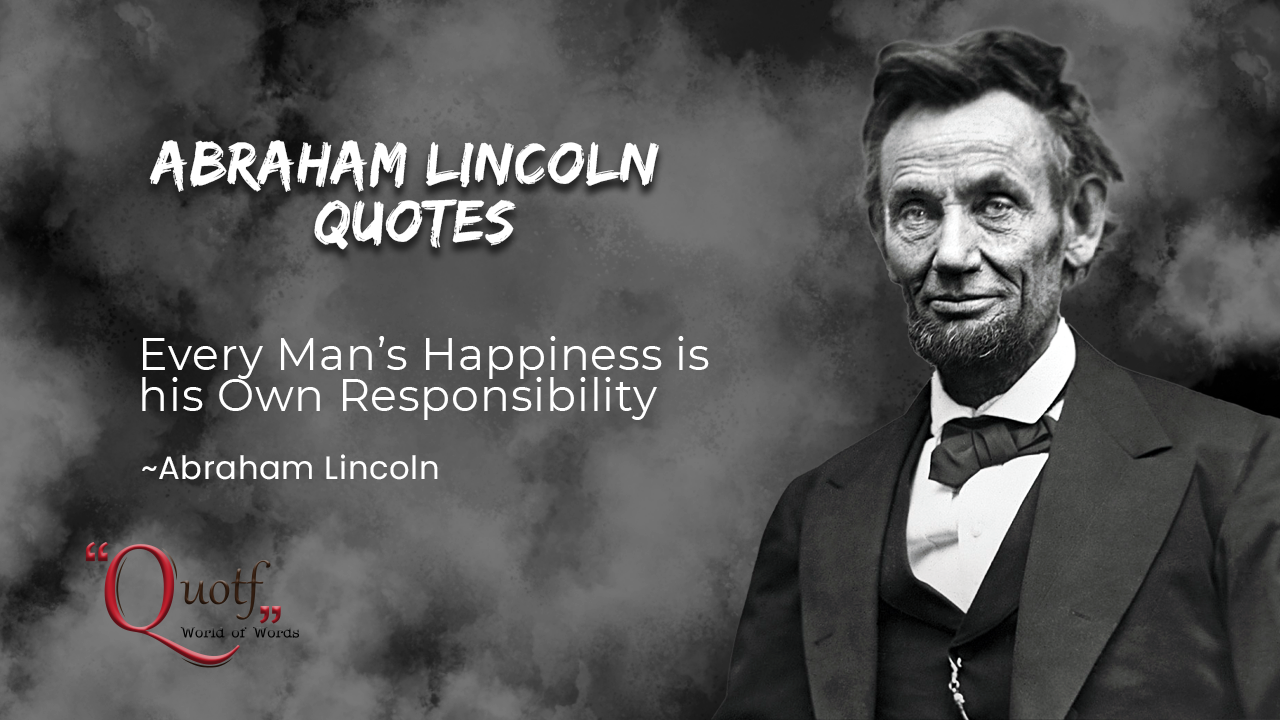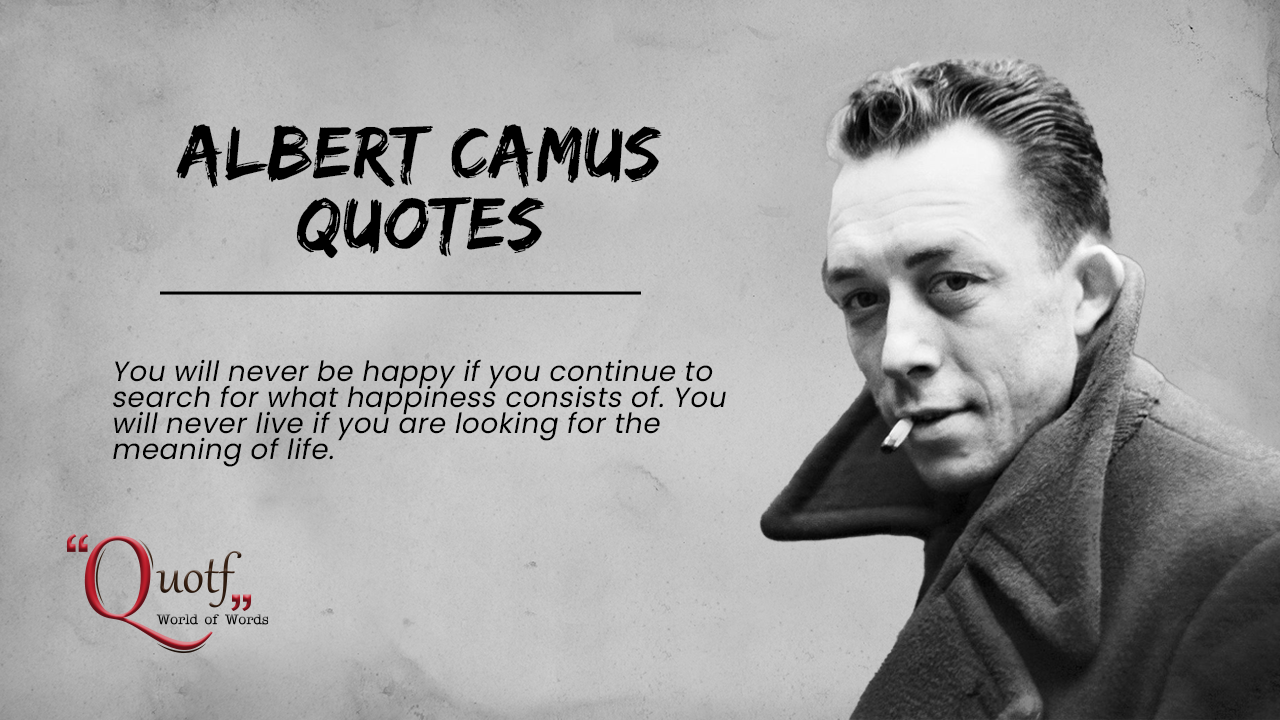
| Biography | |
| Born | In Mondovi, Algeria November 07, 1913. |
| Death | January 04, 1960 |
| Profession | Writer |
| Genre | Fiction, Philosophy |
| Influences | Friedrich Nietzsche, Franz Kafka, Fyodor Dostoevsky, Edmund Husserl, Herman Melville, Simone Weil, Victor Hugo, André Gide, Pascal Pia, George Orwell. |
Albert Camus (1913-1960) was a writer, proofreader and editorialist, dramatist and chief, writer and writer of brief tales, political writer, and dissident. He strictly denied but as a matter of fact, he was a rationalist. He disregarded or went against a deliberate way of thinking, and had little confidence in logic. Albert had a firm belief that philosophy is the significance of life despite death. Even though he powerfully isolated himself from existentialism, Camus presented one of the 20th century’s most popular existentialist inquiries, which dispatches The Myth of Sisyphus: “There is just a single truly genuine philosophical inquiry, and that is self-destruction”Besides, in presenting and addressing dire philosophical inquiries of the day, Camus verbalized an investigation of religion and of the Enlightenment.
In 1957, he won the Nobel Prize for writing. He died in a major accident in January 1960, at 46 years of age. Albert Camus shall always be remembered as a radicalizing man, a revolutionist, and a person who loved to discuss philosophy as the essence of life. Albert Camus was awarded the Nobel Prize for giving a great service to literature and fiction. He was inspired by Fredrich Nietzche, a German philosopher who sat away from society and wrote his masterpieces. He was inspired by George Orwell who was a biting critic of social norms. Camus got inspiration from the greatest novelist and essayist of English literature and thus put forward his writings for the inspiration of the public.
Substantial Motivation In The Quotes Of Albert Camus
To have a life rich with purpose and meaning, the key is to ‘revolt’. You should take ownership of the pointlessness of your life. A person should continue to carry on living well. Camus expands the thought that the acknowledgment of an aimless life is amazingly a way to furnish us with a daily routine loaded with opportunity and motivation to experience. He asks his readers to bring carelessness into their life. He asks them to avoid irresponsible attitudes but once things are done, they should not give a damn about them. Albert Camus quotes teaches the public that self-destruction is nothing but an evil idea. He asks a person to rise above his circumstances to achieve better.
Lessons In The Albert Camus Quotes
We should understand the writings of Camus, indeed. Whenever some kind of motivation is required. He empowers his followers to be prepared to concede that we are still very fortunate and protected, yet our honors have made us vulnerable to fiasco and destruction. Presently the most astute move begins pondering how to assemble a world full of peace and tranquillity. He advised his readers to be considerate of other people and should always be respectful to them but it is wrong to garner the grudge and pride against other people. Albert told his readers that it is wiser to construct a new world where hatred and peril would not exist. Only love would be there for everyone.
Best Albert Camus Quotes That Can Redirect Your Life
Albert Camus quotes can change the direction of your life. They are intense, perfect for giving you motivation. You can copy and paste the quotes from the website Quotf. Use these quotes on any social media platform of your choice. Enjoy the quotes given below,
The only way to deal with an unfree world is to become so absolutely free that your very existence is an act of rebellion. Albert Camus
You will never be happy if you continue to search for what happiness consists of. You will never live if you are looking for the meaning of life. Albert Camus
Nothing is more despicable than respect based on fear.
Those who lack the courage will always find a philosophy to justify it.
The struggle itself towards the heights is enough to fill a man’s heart. One must imagine Sisyphus happy.
There is in me an anarchy and frightful disorder. Creating makes me die a thousand deaths, because it means making order, and my entire being rebels against order. But without it I would die, scattered to the winds.
You cannot create experience. You must undergo it.
To be happy we must not be too concerned with others.
But what is happiness except the simple harmony between a man and the life he leads?
Man is the only creature that refuses to be what he is.
Charm is a way of getting the answer ‘Yes’ without asking a clear question.
The need to be right is the sign of a vulgar mind.
The absurd is the essential concept and the first truth.
All great deeds and all great thoughts have a ridiculous beginning. Great works are often born on a street corner or in a restaurant’s revolving door.
There is no love of life without despair of life.
The only real progress lies in learning to be wrong all alone.
For if there is a sin against life, it consists perhaps not so much in despairing of life as in hoping for another life and in eluding the implacable grandeur of this life.
Truth is mysterious, elusive, always to be conquered. Liberty is dangerous, as hard to live with as it is elating. We must march toward these two goals, painfully but resolutely, certain in advance of our failings on so long a road.
To know oneself, one should assert oneself.
I would rather live my life as if there is a God and die to find out there isn’t, than live as if there isn’t and to die to find out that there is.
A man without ethics is a wild beast loosed upon this world.
Blessed are the hearts that can bend; they shall never be broken.
The evil that is in the world almost always comes of ignorance, and good intentions may do as much harm as malevolence if they lack understanding.
Beauty is unbearable, drives us to despair, offering us for a minute the glimpse of an eternity that we should like to stretch out over the whole of time.
The welfare of the people in particular has always been the alibi of tyrants.
The modern mind is in complete disarray. Knowledge has stretched itself to the point where neither the world nor our intelligence can find any foot-hold. It is a fact that we are suffering from nihilism.
Every act of rebellion expresses a nostalgia for innocence and an appeal to the essence of being.
Real generosity toward the future lies in giving all to the present.
No cause justifies the deaths of innocent people.
A man’s work is nothing but this slow trek to rediscover, through the detours of art, those two or three great and simple images in whose presence his heart first opened.
A free press can, of course, be good or bad, but, most certainly without freedom, the press will never be anything but bad.
It is a kind of spiritual snobbery that makes people think they can be happy without money.
Integrity has no need of rules.
An intellectual is someone whose mind watches itself.
Alas, after a certain age every man is responsible for his face.
Without freedom, no art; art lives only on the restraints it imposes on itself, and dies of all others.
There will be no lasting peace either in the heart of individuals or in social customs until death is outlawed.
We always deceive ourselves twice about the people we love – first to their advantage, then to their disadvantage.
By definition, a government has no conscience. Sometimes it has a policy, but nothing more.
In the depth of winter I finally learned that there was in me an invincible summer.
Nobody realizes that some people expend tremendous energy merely to be normal.
Autumn is a second spring when every leaf is a flower.
Men must live and create. Live to the point of tears.
Without culture, and the relative freedom it implies, society, even when perfect, is but a jungle. This is why any authentic creation is a gift to the future.
He who despairs of the human condition is a coward, but he who has hope for it is a fool.
We used to wonder where war lived, what it was that made it so vile. And now we realize that we know where it lives… inside ourselves.
Freedom is nothing but a chance to be better.
Without work, all life goes rotten. But when work is soulless, life stifles and dies.
We continue to shape our personality all our life. If we knew ourselves perfectly, we should die.
Basically, at the very bottom of life, which seduces us all, there is only absurdity, and more absurdity. And maybe that’s what gives us our joy for living, because the only thing that can defeat absurdity is lucidity.
A guilty conscience needs to confess. A work of art is a confession.
Each generation doubtless feels called upon to reform the world. Mine knows that it will not reform it, but its task is perhaps even greater. It consists in preventing the world from destroying itself.
Truth, like light, blinds. Falsehood, on the contrary, is a beautiful twilight that enhances every object.
It is necessary to fall in love… if only to provide an alibi for all the random despair you are going to feel anyway.
I know of only one duty, and that is to love.
Friendship often ends in love, but love in friendship – never.
Stupidity has a knack of getting its way.
As a remedy to life in society I would suggest the big city. Nowadays, it is the only desert within our means.
Some people talk in their sleep. Lecturers talk while other people sleep.
Don’t wait for the last judgment – it takes place every day.
Albert Camus Quotes on Love
Albert Camus wrote extensively about how to live a struggle-filled life. He believed that reflecting on life, enjoying art, beauty, and love were all acts of rebellion, and that this was how we could survive in this absurd world. Let us look at some of Albert Camus’ quotes about love.
A loveless world is a dead world.
I would like to be able to breathe— to be able to love her by memory or fidelity. But my heart aches. I love you continuously, intensely.
Nothing in the world is worth turning one’s back on what one loves.
The act of love… is a confession. Selfishness screams aloud, vanity shows off, or else true generosity reveals itself.
That is love, to give away everything, to sacrifice everything, without the slightest desire to get anything in return.
I’ve been thinking it over for years. While we loved each other we didn’t need words to make ourselves understood. But people don’t love forever. A time came when I should have found the words to keep her with me, only I couldn’t.
How unbearable, for women, is the tenderness which a man can give them without love. For men, how bittersweet this is.
Well, personally, I’ve seen enough of people who die for an idea. I don’t believe in heroism; I know it’s easy and I’ve learned that it can be murderous. What interests me is living and dying for what one loves.
The Stranger Albert Camus Quotes
Albert Camus wrote the famous novel The Stranger. His own experiences influenced the book’s writing. The book also discusses the philosophy of absurdism, which holds that our existence is the result of our attempts to find meaning in our lives and that finding that meaning is futile because it does not exist. Checkout list of quotes from The Stranger by Albert Camus.
Since we’re all going to die, it’s obvious that when and how don’t matter.
She said, “If you go slowly, you risk getting sunstroke. But if you go too fast, you work up a sweat and then catch a chill inside the church.” She was right. There was no way out.
I would rather not have upset him, but I couldn’t see any reason to change my life. Looking back on it, I wasn’t unhappy. When I was a student, I had lots of ambitions like that. But when I had to give up my studies I learned very quickly that none of it really mattered.
As if that blind rage had washed me clean, rid me of hope; for the first time, in that night alive with signs and stars, I opened myself to the gentle indifference of the world. Finding it so much like myself—so like a brother, really—I felt that I had been happy and that I was happy again.
I said that people never change their lives, that in any case one life was as good as another and that I wasn’t dissatisfied with mine here at all.
He wanted to talk to me about God again, but I went up to him and made one last attempt to explain to him that I only had a little time left, and I didn’t want to waste it on God.
But all the long speeches, all the interminable days and hours that people had spent talking about my soul, had left me with the impression of a colorless swirling river that was making me dizzy.
If something is going to happen to me, I want to be there.
I may not have been sure about what really did interest me, but I was absolutely sure about what didn’t.
